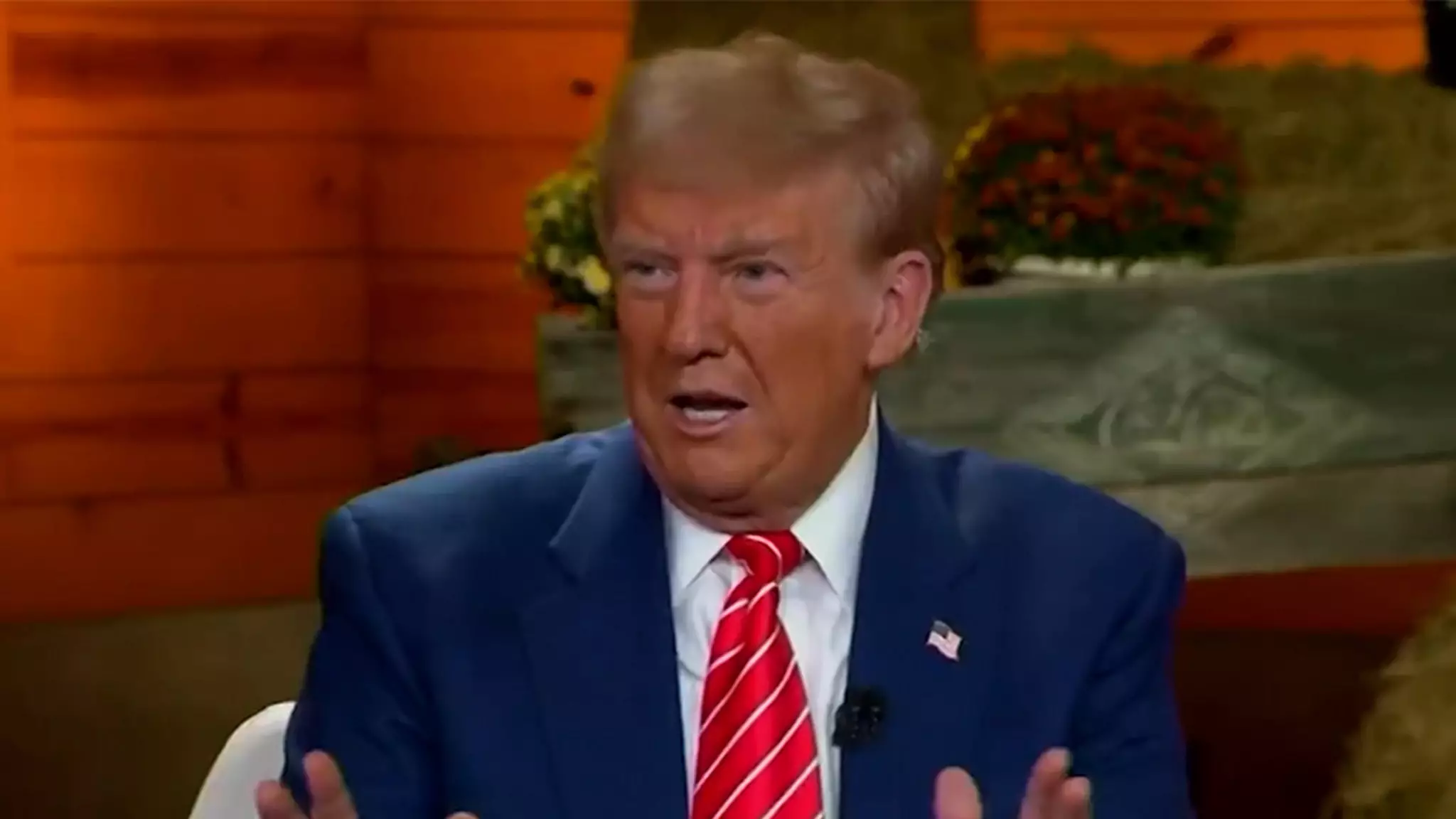Former President Donald Trump’s recent town hall meeting in Georgia has ignited conversations around his approach to women’s health, particularly in vitro fertilization (IVF). Speaking to an audience composed entirely of women, Trump presented himself as a champion of women’s reproductive rights, a position that seems to contradict his previous policies. His claim of being the “father of IVF” raised many eyebrows, not just for its audacity but also for its implications in a political landscape where reproductive rights are fiercely debated.
One of the most eye-catching moments came when Trump described U.S. Senator Katie Britt as not just a political figure but a “fantastically attractive” person. While attempting to establish rapport, he arguably detracted from the serious issues at hand. This comment sparked mixed reactions, as many felt it was an inappropriate focus on physical appearance while addressing women’s issues. Critics argue that by emphasizing Britt’s looks, Trump may alienate female voters who seek respect and substantive discussions about their rights rather than superficial praise.
Legislative Backdrop and Implications
Trump’s statements also coincided with troubling developments in Alabama concerning IVF. The Alabama Supreme Court’s recent ruling categorizes embryos produced through IVF as children under the state’s wrongful death laws. This legislation has led to many IVF clinics halting operations, thus limiting access to reproductive technologies that many families rely on. While Trump supports IVF, questions arise about how this newfound advocacy aligns with his previous stance on women’s health and reproductive rights when his party has largely sought to regulate and restrict these services.
Discourse on Women’s Health Policy
During the town hall, audience members engaged Trump on the nuances of abortion rights and IVF, arguing that these matters should remain under state governance rather than federal oversight. Trump’s response, rooted in anecdotal evidence from his conversation with Senator Britt, failed to address the complexities of the issue. While claiming to back IVF, he appeared to neglect the legislative ramifications of the Alabama court’s decision and how it might affect potential constituents.
In navigating the landscape of women’s reproductive rights, Trump’s interaction with Senator Britt and his framing of IVF as a pivotal issue may reflect a significant pivot, especially as the Republican Party prepares for upcoming elections. However, whether this strategy resonates with female voters remains to be seen. Will Trump’s charm and charisma compensate for a history of perceived disregard for women’s rights? The recent town hall underscores the tension between political maneuvering and genuine advocacy that will continue to shape the electoral narrative as the 2024 presidential race approaches.

